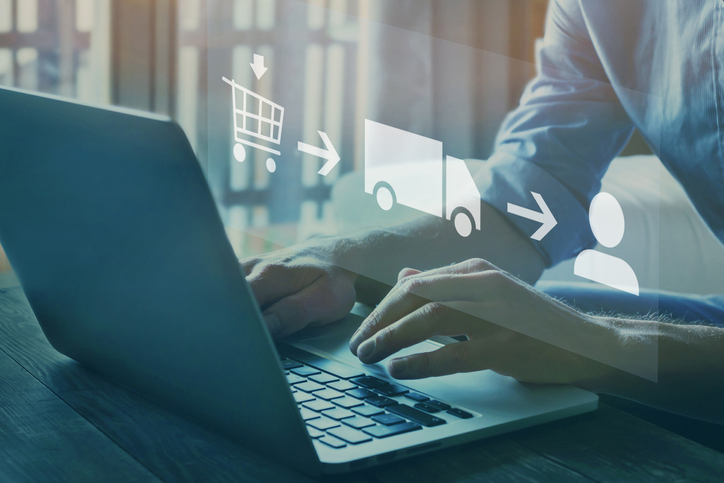From a marketing perspective, this will cause a shift that is anything but subtle, as we focus messaging on the time & convenience aspect of purchasing, a platform rather than just a product.
In the year 2017, what kind of savage leaves their home to go get simple goods and services?
We are inarguably ramping when it comes to what is called the “on demand delivery” economy, with over 280 companies providing just-in-time delivery to consumers across 16 different industries (according to the good folks at Crowd Companies Council). And growing. I can get a massage delivered via the Soothe app. I can have a bottle of wine meet me at a gathering of friends via the Favr app. And, in the right state, I can have the marijuana of my choice delivered via apps like Nugg…within 10 minutes.
Not a day goes by at the office where I don’t look into the parking lot and see this new economy growing. I see delivered oil changes, picked-up and dropped off dry cleaning, and mobile car washes too. If you think brick and mortar is here to stay, check out the last 5 years for the likes of Sears and K-Mart. What makes you think that ANY business is immune to this shift in consumer habits and expectations?
From a marketing perspective, this will cause a shift that is anything but subtle, as we focus messaging on the time & convenience aspect of purchasing, a platform rather than just a product.
In 2017 and beyond its not what you sell, its how you sell it. Lest you think this is just those pesky millennials, according to the National Tech Readiness Survey, over 51% of the spending in this new 56 billion dollar platform economy is from wallets 35 years old and up with a full 22% of those partaking being age 55 and up!
Marketing messaging will migrate away from purely product and price, as our time is assigned more and more value in this (what Thomas Friedman calls in his fantastic new book Thank You For Being Late) age of acceleration.
Your brand story has to be about the ease of the process, the access afforded by technology and utility. Period. Be memorable but be a part of this new economy.
While there may be exceptions that dodge this shift temporarily (think dopamine-loaded experiences like that in an amusement park that can’t be easily replicated with the current state of virtual reality), every business should be running two parallel paths where they are seeking to sell back time/convenience to their customers while telling that story with passion and consistency.

